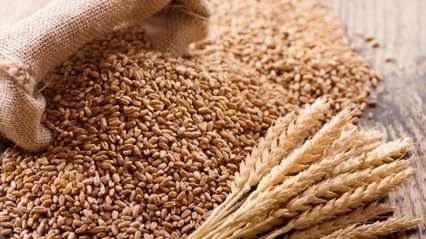
27 July 2022; MEMO: The Lebanese parliament approved a loan agreement with the World Bank on Tuesday worth $150 million to secure wheat supplies. The agreement comes as the country witnesses an unprecedented shortage of bread.
Images of long queues of people waiting outside bakeries to buy government-subsidised bread have gone viral. Queuing has not been without problems, with occasional intervention by security officers required in some locations.
The bakeries ration the quantity of bread, amid exchanges of accusations between the owners and the Ministry of the Economy over who is responsible for the crisis. The Economy Minister in the caretaker government, Amin Salam, has repeatedly accused some bakeries of storing subsidised flour or using it in the manufacture of unsubsidised products such as sweets.
Meanwhile, mill owners accuse the relevant authorities of not providing the necessary quantities of subsidised flour as a result of the Central Bank's delay in opening financial credits. The ministry denies this.
The situation has arisen in the middle of an unprecedented economic crisis which has hit Lebanon for more than two years. The Lebanese lira has already lost more than ninety per cent of its value against the US dollar, while the Central Bank's ability to support the import of vital commodities, including wheat, fuel and medicine, has diminished.
Lebanon's capacity to store large quantities of wheat took a blow with the deadly explosion at the Port of Beirut in August 2020 which damaged the country's main grain silos. Moreover, a representative of Lebanon's wheat importers pointed out that the country imports 80 per cent of its wheat from war-torn Ukraine.




